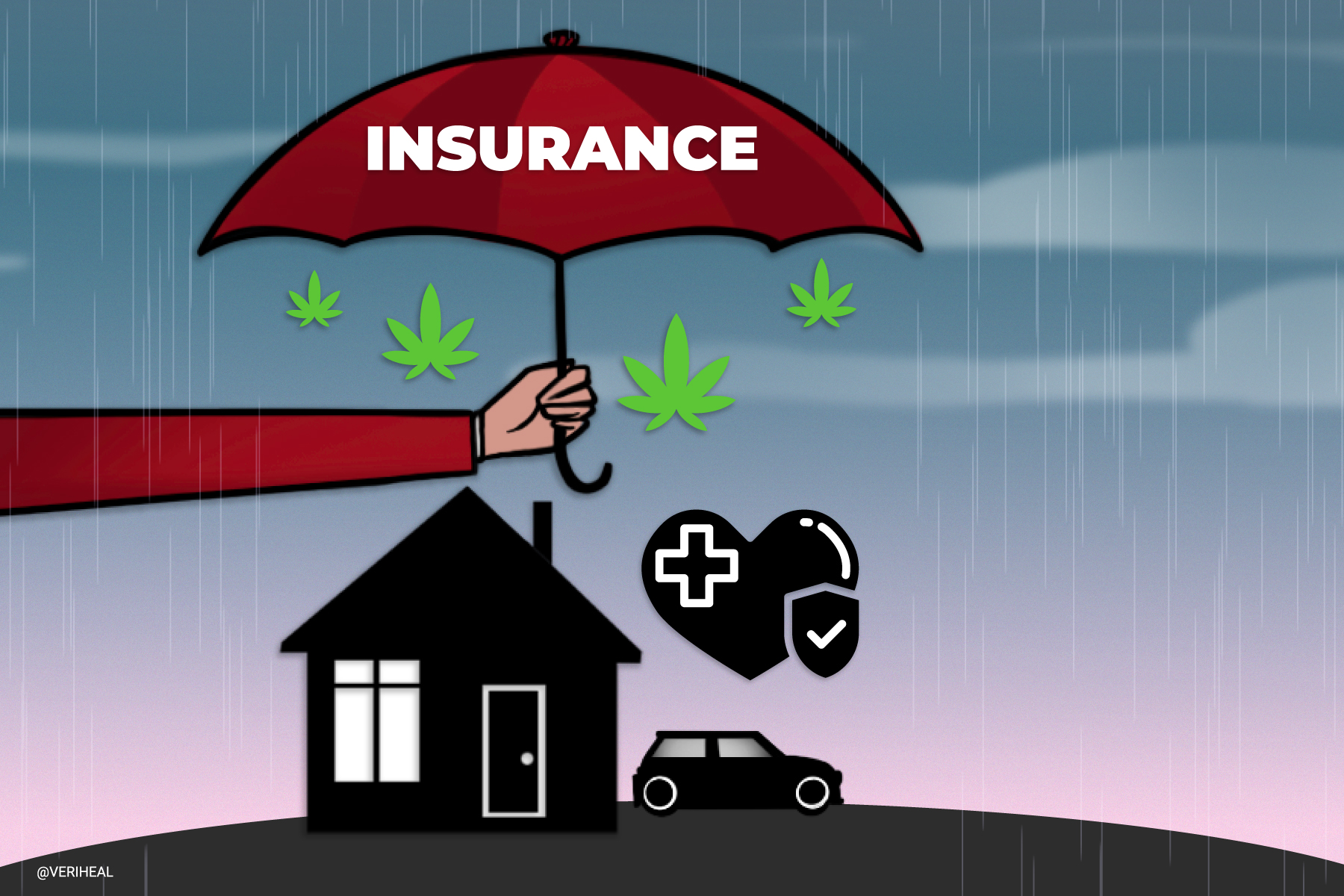When it comes to medical cannabis and insurance companies, many people believe they should cover this medicine. Insurance companies, however, do things a little bit differently. With cannabis legalization happening in more states than ever before, could it only be a short matter of time before it is legal in every state and covered by insurance just the same as other medicines?
Eventually, insurance companies are going to have to address this issue. Do you believe that medical cannabis should be covered by insurance? If so, you’re not alone. New Jersey just passed a recreational adult-use cannabis law, and it looks like they’re getting ready to push for insurers to cover medical cannabis, at least in some instances.
New Jersey is Leading the Way for Cannabis Insurance
Lawmakers in New Jersey are looking at requiring insurers to provide insurance that covers medical cannabis when certain circumstances apply. The New Jersey Assembly Appropriations Committee advanced Bill A1708. According to New Jersey, bill A1708 would require that “personal injury protection automobile insurance benefits and workers’ compensation benefits must include coverage for costs associated with the medical use of marijuana provided that the insured or the employee is a qualifying patient.” If the new law passes, it will only apply to individuals that were enrolled as patients in the New Jersey State medical cannabis program.
The bill has seen great success and appears to be moving along smoothly. In February of last year, bill A1708 was approved by the State Assembly Committee on Financial Institutions. Back in the February vote, it cleared the committee receiving a vote in favor of 7 to 4. Vice President Allison Cooper of the State Affairs of the American Property Casualty Insurance Association testified, saying,
“The biggest concern that we have of course is that it puts insurers in a very difficult position by potentially forcing them to violate Federal law. We do believe that it would be better to hold off on this proposal until Congress resolves the conflicts between federal and state law”.
This could probably explain why the bill has been taking a long time to move through its assembly committee. Senate Majority Leader Chuck Schumer has already boldly expressed interest in addressing the federal status of cannabis despite what President Biden has to say. However, that in itself has also been moving at glacial speed.
The last action on the bill was June 21st of this year when some amendments were passed. This is a great sign!
New Jersey Has been Paving the Path
About 20 years ago, a man living in New Jersey named Vincent Hager was working for M&K Construction. He had cement dumped on him, causing substantial injuries. Twenty years later, after exhausting all medical avenues, including becoming addicted to opioids, the State Appellate Division ruled that M&K Construction has to reimburse Vincent Hager $616 a month to cover the medical marijuana he uses as a treatment for the injuries he received in 2001. According to the judge’s ruling, private health insurers and government aid programs do not have to pay for medical cannabis according to state law. However, that law does not apply to a private company.
This wasn’t the first time the state of New Jersey had ruled in favor of a medical cannabis patient. This could be a step in the right direction for cannabis patients and insurance companies. For Bill A1708 to pass, it has to receive approval from both legislative chambers and New Jersey’s Governor. Considering the state of New Jersey just passed the implementation of a retail adult cannabis market, it shows a good sign that insurance laws in the state of New Jersey could change too.
Treat Medical Cannabis as it is Labeled
Many people believe that medical cannabis should be treated as it is labeled. If laws are passed requiring individuals to obtain medical recommendations and purchase their medicine from a medical facility with the proper licenses in place, then it should also be covered by insurance. Insurance companies argue that covering medical cannabis in states that have legalized the plant puts them in a vicarious position of breaking federal law. Others say that insurance companies are being dirty and not paying out benefits they should be required to.
When the insurance industry realizes the amount of money they can make covering medical cannabis, it should be a no-brainer for them to jump feet first, welcoming patients looking for insurance coverage. How do you feel about the issue of medical cannabis and insurance? Let us know in the comments below to keep the conversation going!
Author, Share & Comments








